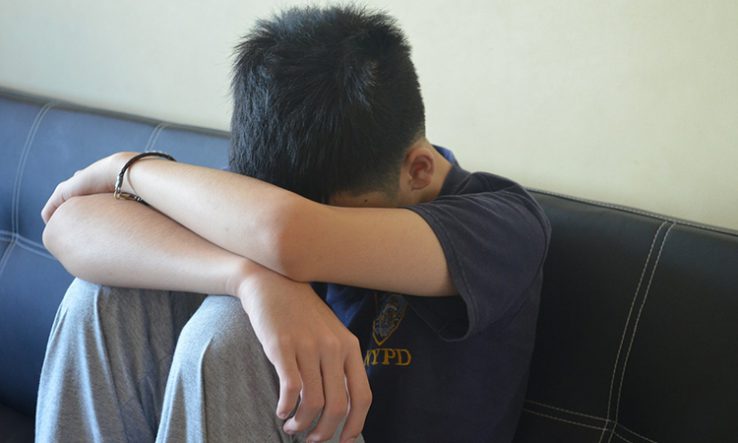
Rise of digital trials during Covid-19 crisis can put defendants at a disadvantage, say academics
The increased use of digital technologies by New Zealand’s court system during the Covid-19 pandemic has been questioned by Victoria University of Wellington legal academics.
Criminal law professors Yvette Tinsley and Nessa Lynch, who has published widely on youth justice in NZ, argue that remote participation in a court trial can undermine a defendant’s rights.
In an editorial published by Newsroom NZ, an independent news analysis website, they suggest that digital technologies may compromise confidentiality and restrict access to court support services.
“Remote participation allows for a reduction in health risks and system costs such as prisoner transport to court. But it also creates a risk to the defendant’s right to be present at the trial and to have adequate time and facilities to prepare a defence,” they write.
“Telephone and video consultations can be time limited in ways in-person meetings are not. Confidentiality can be compromised, especially where there are technological limitations. Some studies have shown defendants—particularly unrepresented ones—appearing on video seem to find it more difficult to understand and participate in court.”
Tinsley and Lynch say that Covid-19 has increased the necessity for greater use of digital technologies for remote appearances as criminal courts struggle with a backlog of cases.
“Defendants have a right to be present at their own trial, although presence doesn’t necessarily require being in person in the courtroom. Hinging from this is the right to effectively and meaningfully participate, including presenting a defence,” they write.
“Giving effect to this right means simple measures such as being able to hear and see or tailored measures such as translation services. For young defendants, the Oranga Tamariki Act places extensive duties on the court and counsel to ensure understanding of the process and outcomes, including the provision of supports such as communication assistance where the young person has communication needs.”
They suggest that vulnerable defendants, including those who may have mental health problems, are particularly at risk.
“Numerous studies show high rates of neuro-disability, traumatic brain injury, low literacy and communication in the population of people who offend—leading both to injustice and to low rates of compliance with orders and bail conditions,” they write.
“Where these defendants don’t appear in person, and have limited time to consult with legal representation, disability and problems with effective participation might not be picked up, and the right to a fair trial ultimately could be undermined.”